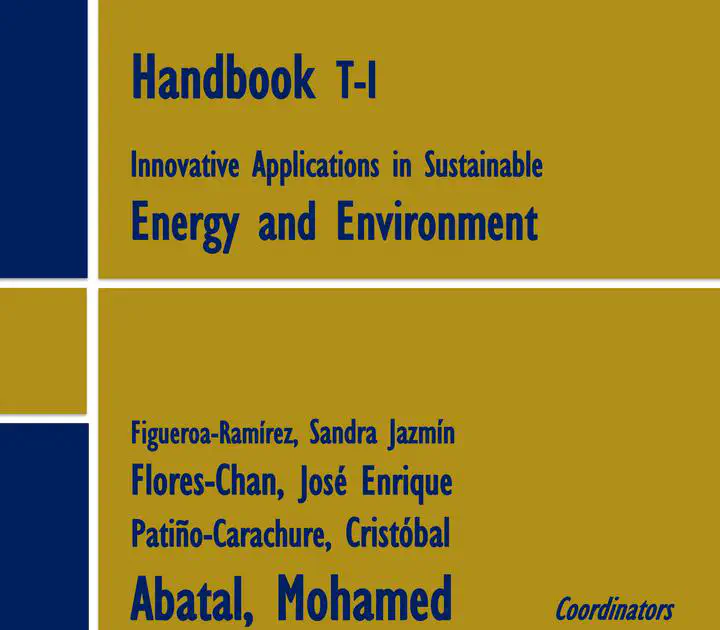Thermal analysis of a single-cell PEM-type fuel cell with a coil as flow field architecture and its impact on cathode water formation

Abstract
The thermal analysis of Proton Exchange Membrane Fuel Cells (PEMFC) is crucial for understanding how temperature impacts both electrochemical performance and water management, key aspects of their operation. This study focuses on evaluating the effect of thermal variations and tortuosity on liquid water formation in the cathode and its influence on overall efficiency. The thermal analysis considers the interaction between heat transfer, tortuosity due to porosity, and the presence of liquid water. To solve the governing equations of the system, the open-source software OpenFOAM, based on C++, is used with the Finite Volume Method (FVM). This approach allows for accurate modeling of thermal behavior and mass transport in the PEMFC. The study examines performance through polarization curves at three operational temperatures: 323, 328, and 333 K, combined with tortuosity values of 1.5 and 2.5. These variations help understand how tortuosity affects reactant and product transport, as well as water management and overall cell performance. (pages 67-75)